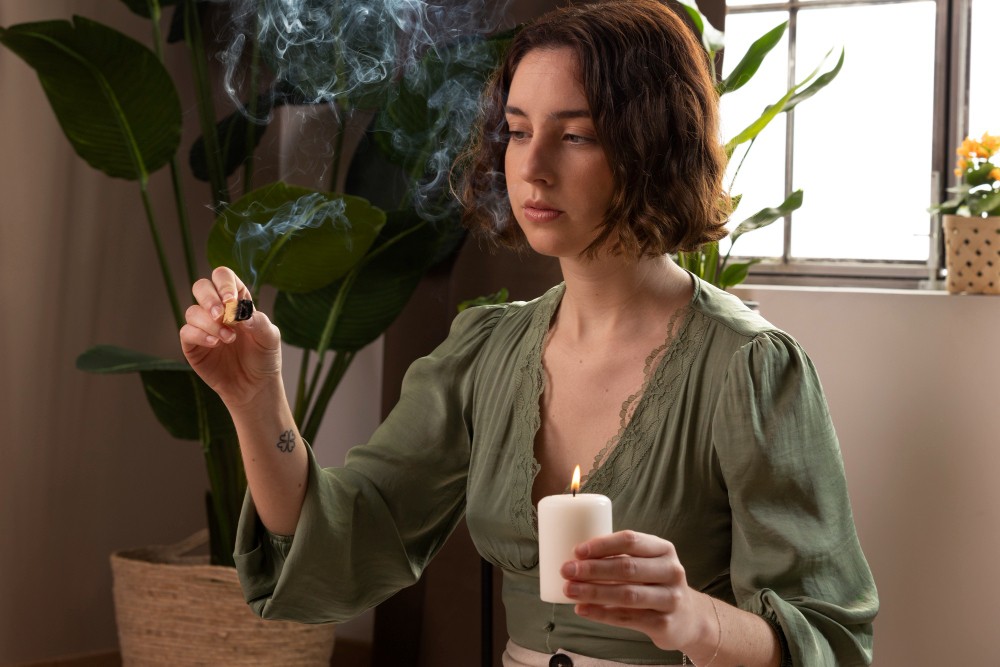Burnout, a condition characterized by emotional exhaustion, cynicism, and reduced productivity, has become a pervasive issue in today’s fast-paced world. While traditional treatments often focus on stress management and work-life balance, aromatherapy offers a natural and holistic approach to combatting burnout. This article explores the benefits of aromatherapy in alleviating the symptoms of burnout and promoting overall well-being.
Understanding Burnout
Before diving into the therapeutic properties of essential oils, it’s crucial to understand the key symptoms of burnout:
- Emotional exhaustion : feeling drained and lacking energy.
- Cynicism : developing a negative attitude towards work and colleagues.
- Reduced productivity : struggling to perform tasks efficiently and effectively.
The Science Behind Aromatherapy
Aromatherapy involves the inhalation of essential oils, which are concentrated extracts from plants. These oils contain volatile compounds that can influence our mood, emotions, and physiological functions. Studies have shown that aromatherapy can:
- Reduce stress and anxiety
Certain essential oils, such as lavender and chamomile, have been found to have calming and anxiety-reducing effects.
- Improve mood
Citrus-scented oils like lemon and orange can uplift mood and boost energy levels.
- Enhance cognitive function
Some essential oils, such as rosemary and peppermint, have been linked to improved concentration and mental clarity.
Essential Oils for Burnout Relief
Here are some essential oils that may be particularly beneficial for individuals experiencing burnout:
- Lavender
Known for its calming and relaxing properties, lavender can help reduce stress and promote better sleep.
- Bergamot
This citrus-scented oil is believed to have mood-boosting and antidepressant effects.
- Ylang-ylang
Ylang-ylang is often used to alleviate anxiety and promote relaxation.
- Frankincense
This oil is thought to have grounding and stress-relieving properties.
- Peppermint
Peppermint can help improve mental clarity, focus, and energy levels.
How to Use Aromatherapy for Burnout
There are several ways to incorporate aromatherapy into your daily routine:
- Diffusers
Use an essential oil diffuser to disperse the scent throughout your home or workplace.
- Inhalation
Place a few drops of essential oil on a tissue or handkerchief and inhale deeply.
- Topical application
Dilute essential oils with a carrier oil (like coconut or almond oil) and apply them to your wrists, temples, or neck.
- Massage
Add a few drops of essential oil to a massage oil and enjoy a relaxing massage.
Important Considerations
- Quality of oils
Ensure you are using high-quality, pure essential oils.
- Sensitivity
Patch test essential oils on a small area of skin before applying them to larger areas.
- Pregnancy and health conditions
If you are pregnant or have any health conditions, consult with a healthcare professional before using essential oils.
Aromatherapy offers a natural and effective way to address the symptoms of burnout. By incorporating essential oils into your daily routine, you can reduce stress, improve mood, and promote overall well-being. Remember to choose oils that resonate with you and consult with a qualified aromatherapist for personalized recommendations.





